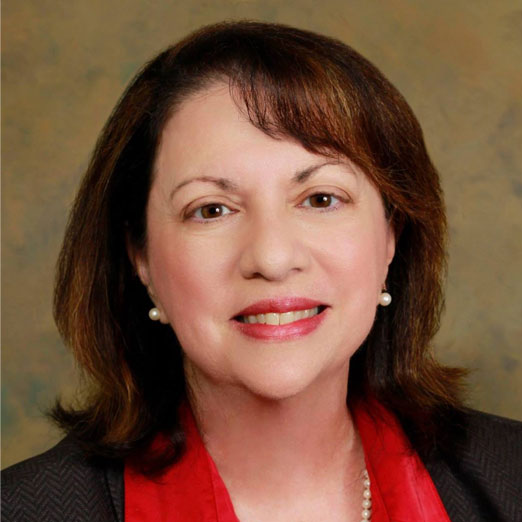“Nobody gets out of this life alive, right? I don’t regret my choice to go through a tough treatment.”
When did you learn you had Hodgkin lymphoma?
It was 1983; I was a law student, home visiting my family during a break. I was playing with my necklace when my fingers touched something on my neck that felt like a golfball. My Mom and I were in shock when we realized we could see the “lump.” She wanted me to wait a bit, thinking it would disappear. My Mom was hopeful but scared. I was just plain scared.
“I will not wait–I am getting it checked out NOW!” I said. Little did I know that, down the road, these words would become my mantra when dealing with any of the weird physical or emotional feelings I had.
You followed your instinct and got checked out?
My small town doctor and local hospital confirmed my worst fear after surgery. Weirdly, I remember coming out of the biopsy and overhearing the nurses talking about me in the recovery room. They said something like “She is a cute, young thing” (um, really…in the recovery room?), followed by something like “Poor thing; it did look suspicious.”
I was off on the roller coaster that IS cancer. CANCER! That’s all I heard; that’s all I knew. Hodgkin lymphoma meant nothing to me at that time—never heard of it. The doctors in my town had, by coincidence, only seen it once before. They had initially misdiagnosed a young patient because it was rarely seen. They caught mine only because they missed hers.
Did you receive any help along the way?
I got a call from my law school Dean, who revealed to me that one of my law professors–a popular, young wunderkind–also had Hodgkin’s. This seems like such a coincidence. Then this dynamic, entertaining professor reached out to me, almost shyly, and offered advice. He was lecturing at another school when he realized that he ran out of breath and couldn’t keep speaking. His Hodgkin’s tumor was pressing on his windpipe. As an attorney AND a former medical student, the professor naturally was an avid researcher. He said that when he realized he had read medical journal articles about this disease that his oncologist never heard of, he quickly made a change.
He found a young oncologist at a major cancer research hospital in the same city and made the switch. “Go to him–and mention my name,” he told me. I did, and I remain eternally thankful to the professor for that valuable referral to my oncologist. Thirty-five years later, he remains my primary oncologist and the “bandleader” of the team who manage my late effects from the lifetime dose of radiation I received.
So your radiation treatment led to late effects?
Yes, and there was another strange coincidence. As a school kid, I loved historic novels, including “Hiroshima,” the story of survivors of the atomic bomb that was dropped on that city. I was horrified by what occurred, but also morbidly curious. For years, I followed stories about the survivors and what happened to them. I never would have guessed that the information to which I exposed myself would someday have meaning in my own life, due to my “exposure” to radiation.
Radiation cured me of Hodgkin’s but led to my own “Hiroshima.” I have had endometrial cancer (hysterectomy), breast cancer (bilateral mastectomy), kidney cancer (partial nephrectomy), gallbladder removal, blood clots in the lungs, multiple basal cell carcinomas, carotid bruit and subclavian artery stenosis. Suffice it to say, I have been through a lot. Are all my problems related to radiation treatment? Who knows, but I’ve had an awful lot of problems that didn’t seem to happen to my own parents until they reached their late 70’s, and I am not there yet.
Radiation saved my life, but it might kill me in the end. Nobody gets out of this life alive, right? I don’t regret my choice to go through a tough treatment. I’m still alive. I know of other Hodgkin lymphoma patients who were not as lucky. I graduated law school, got married, had two beautiful daughters and lived a normal life for about 20 years or so after treatment.
How are you doing now?
Twice a year, I head to the city for my check-ups. I recently became a patient of the Survivorship Program at the Abramson Cancer Center of Penn Medicine, where I see various specialists as long-term issues crop up. I often head to my appointments in a state of fear and anxiety, which I now recognize as probable PTSD [post-traumatic stress disorder]. My health problems affected my career and my family, which of course makes me sad. When my primary care physician asked me about depression, my response was, “After all this, who wouldn’t be depressed?”
But my depression made me reach out to this wonderful group of Hodgkin lymphoma survivors online. Hearing their stories, I no longer felt like a medical weirdo or a hypochondriac. This connection turned into my involvement with Hodgkin’s International, which has helped me tremendously. I’m still living and looking for coincidences!
